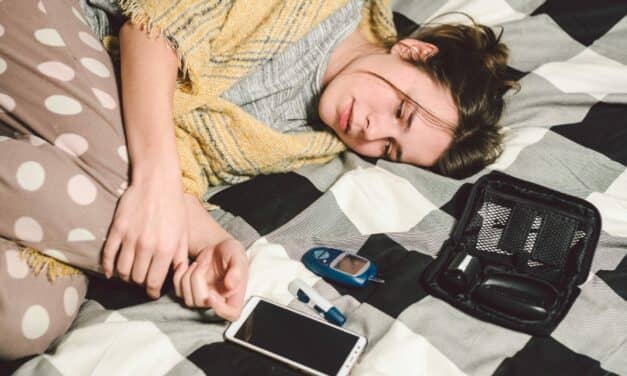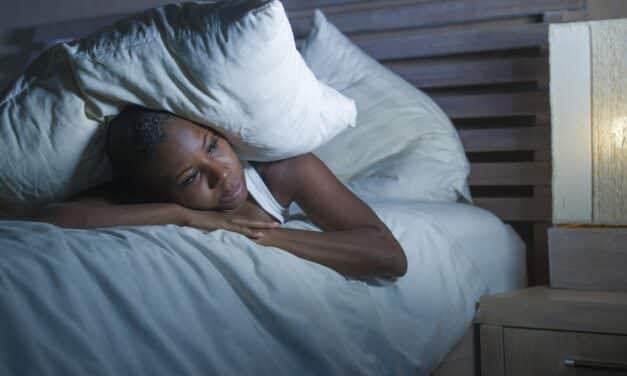Teens’ Internet Overuse and Lack of Sleep Are Causing School Absences
Teenage internet “addiction” significantly increases truancy and illness-related absences from school, with sufficient sleep, regular exercise, and a supportive parental relationship identified as key protective factors.





























